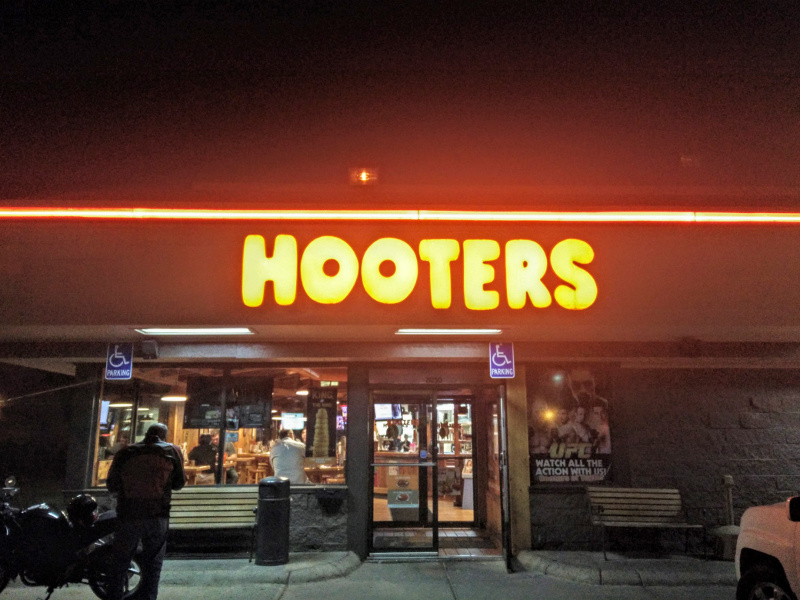
America isn't uniquely obsessed with sex, but it is obsessed with sex in a unique way. Something that wends its way through reproduction, recreation, relationships, personal need, gender politics, power dynamics and identity surely deserves at least the amount of attention it gets, maybe more. But the kind of sex you see most often here isn't real sex, it's more like a fetish for the idea of sex. It's an abstraction, removed from all context of the act itself to the point where you can put it on your insurance billboards. This is nowhere more apparent than at Hooters, a kind of national icon of sexless sex. There's nothing that can really prepare you for being seated next to a table of fifteen people, half of them under 12, at a family restaurant whose main distinguishing feature is that the waitresses' shorts don't fully cover their butts.
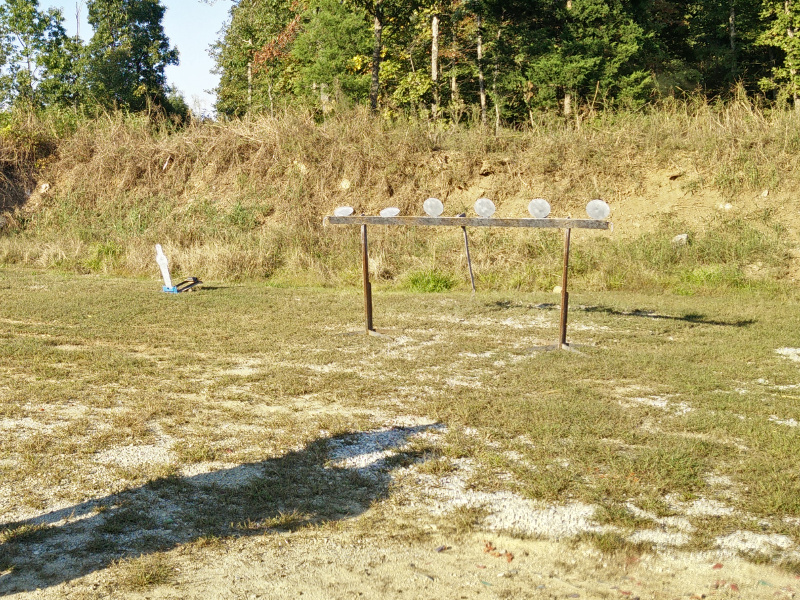
Apple Pie is European, hot dogs are German, baseball is English, even the Japanese make the best blue jeans, but nobody can take guns from America. Sometimes the culture shock is overt: open carry, gun-totin' bumper stickers, rifles in Walmart next to the fishing rods. Other times it's more subtle, "no firearms" signs at schools and hospitals prove exceptions to a deeply troubling rule. So much is made about the significance of guns; guns as a political third rail, guns as protection against a scary world, guns as the last line of defence against tyranny of the state. For all that, when you fire one, you find out the truth: they're not that big a deal. It's the casual fun of guns that makes them truly scary; they're just a cool toy that occasionally murders people.
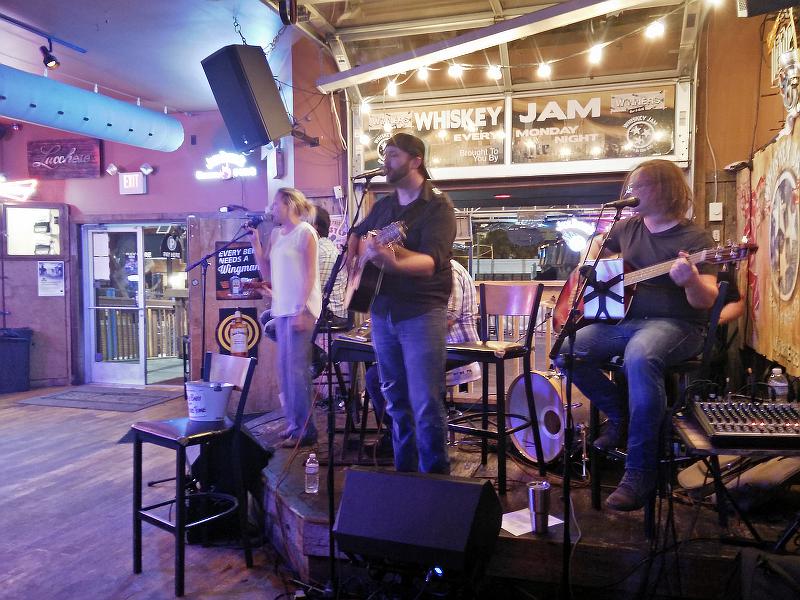
It's hard not to see the buildings down Music Row as a certain kind of factory complex. The modern hits are, of course, generated almost algorithmically by a small cabal of producers and writers, the artists taking on a role more akin to branding than art. It seems somehow profane to see something so industrial claim something so beautiful as music, like a plough pulled by a unicorn. But you walk a little past the Row, down a side street, turn a corner, and you start to sense something different. The sound of the guitars, the cheers of the audience, the energy that pulses with each drumbeat through the bar and on out into the street, a reminder that some things can't be tamed.
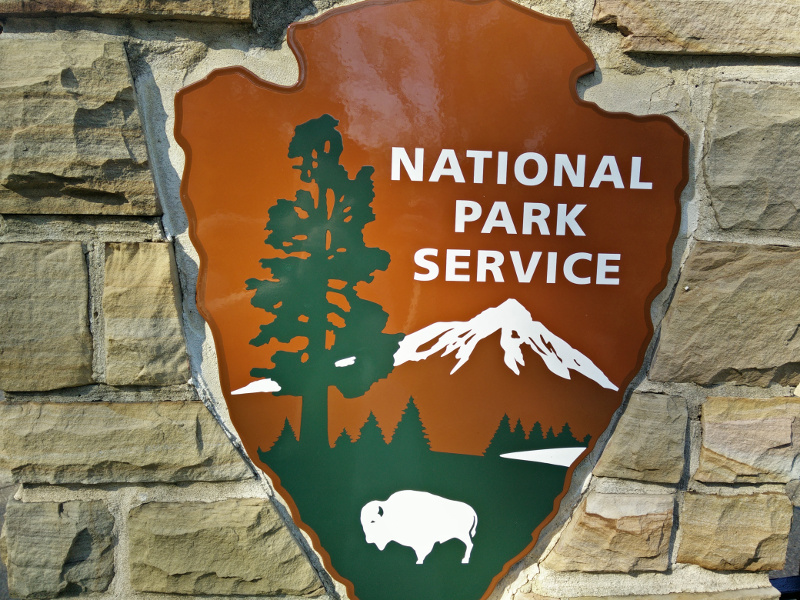
Many countries have national parks, but few have something like the National Park Service. It's an entire culture of centres, rangers, tours, souvenirs and visitors all built around a love – even a worship – of nature that spans generations. Parents take their children to the parks they saw when they were children. Even the rangers are often the latest in a long family tradition, sometimes going back as far as the founding of the park. It's a colossal institution, though not one without a cost. Ironically, one of the few groups who don't enjoy the national parks are those whose families once lived on them. They were displaced when the parks were established, and their resentment, too, spans generations.
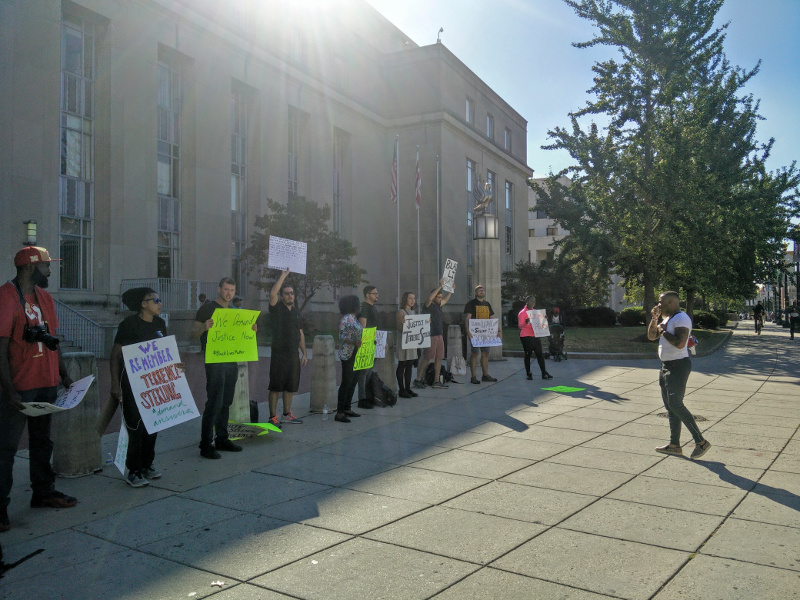
It's hard to think about protest without thinking about revolution. America and France, sisters in revolution, share a modern love of protest. But the French seem to protest because protesting is fundamentally French, whereas the American protest feels somehow darker, more desperate. It's important to remember that, while the American revolution was against the British, the French revolution was against the French. Theirs is the victorious protest of a people who once fought their own government and won. But the American government has never been overthrown and, if there were a revolution, it's hard to imagine the people winning. Come to think of it, I'm not sure they're winning now.




